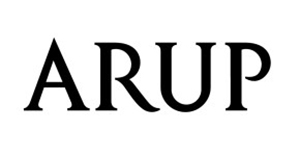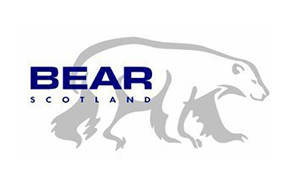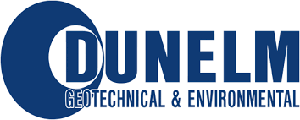Equality, Diversity & Inclusion
The ONE Planet DTP is committed to ensuring that we embed equality, diversity and inclusion into all activities. From our recruitment process, training programme, and governance processes, we aim to provide a welcoming and supportive community of researchers.
We follow our funder NERC's diversity and inclusion ‘living’ action plan, and strive to improve diversity, equity and inclusion in under-represented groups across the environmental science research community.
To do this, we continue to review and develop our EDI policies, to ensure our actions and processes reflect the changing needs of our applicants and doctoral community. We have provided some examples of the initiatives we have already put in place below:
Our NERC funded EDI project
CONVINCE- CO-creation aNd eValuatIon of Novel reCruitment procEsses
Our ambition is to achieve transformative change in the number of successful applications from minoritized ethnic groups to our DTP. We will work to identify the barriers to application for PGR study at Newcastle and Northumbria Universities, particularly within the Natural & Environmental Sciences. Combining an evidence-driven and research-based approach, we will listen to the voices of applicants and PGRs through a series of focus groups and 1-1 interviews. We will use the information collected to inform our future recruitment activities, and will implement actions to remove identified barriers, with the overall aim to tailor appropriate support during the application process.
You can find out more here.
Recruitment
The One Planet DTP is not recruiting for any further intakes.
When we were recruiting new researchers we valued individual differences and the diversity that this brought - we aimed to ensure that no-one was at a disadvantage because of who they were. We encouraged applications from under-represented groups, and requests for flexible study (e.g. part-time) were welcomed.
Our academic supervisors followed a clear and transparent recruitment process set by the DTP, that provided a set criteria for reviewing all applications received. We also required all PhD supervisors to undertake EDI training.
In addition, we implemented a diversity candidate nomination process, where applications from three key areas were prioritised for interview, alongside candidates nominated by our academic supervisors:
- UK applicants who are Black, Chinese, Asian, Arabic, or of another non-white ethnicity
- Graduates who are from the first generation in their family to go to university
- Applicants who have caring responsibilities
Our interview panels included equal representation of diversity, including male and female academics from both partner institutions.
Data collection
The UKRI required us to gather the Equality, Diversity & Inclusion data of our applicants, and appointed PhD researchers, and report this back within their annual report process. You can find out more about the UKRI data requirements here.
This data collection exercise enabled us to annually review our recruitment data, to ensure that our final award outcomes met our aims to address skills gaps, demographic, and diversity-related challenges in the environmental sciences and Higher Education pathways. It also allowed us to ensure we provided the right support and advice to our recruited PhD researchers. This included disability support services, and diversity networks.
All data collected was handled confidentially within the DTP Management team, was not shared with academic supervisors, and was anonymised before being shared with the UKRI-NERC. You can read our Privacy notice here.
Our DTP Community & training programme
The ONE Planet DTP has a vibrant and diverse Doctoral community that is led by our Postgraduate Researchers. Our students are actively involved in helping us to ensure we meet their needs. We are currently developing our DTP EDI training programme and look to provide further EDI workshops, including Active Bystander, White Privilege, and Anti-racism and Allyship training, within the coming year.
Our institutional partners
Both of our University partners value individual differences and the diversity that this brings. You can find out more about this below:








